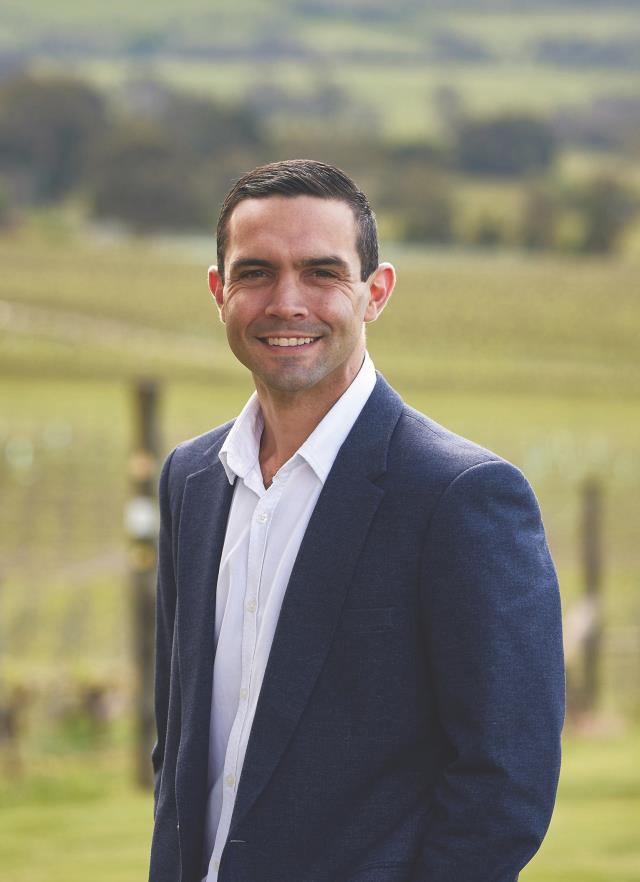By Parker McKenzie
Casey MP Aaron Violi will engage with the community before making a decision on whether to support a yes or no vote ahead of the referendum on an Indigenous Voice to Parliament, despite the Liberal Party announcing it would officially campaign for a no vote.
Opposition Leader Peter Dutton announced the party wouldn’t support a campaign to constitutionally enshrine an Indigenous Voice to Parliament at the upcoming referendum on Wednesday 5 April, but Mr Violi said he hasn’t yet reached a final position on a personal level, which is his “right as a Liberal backbencher.”
“I’m continuing to engage with the community here in Casey, and that involves working with an organisation called DemocracyCo, with forums and public dialogue because I’ve received a range of views,” he said.
“I want to engage in that process and understand more about what our community is feeling.”
Shadow-cabinet members are bound to support the Liberal Party’s position, which is to support constitutional recognition of Indigenous Australians and local and regional bodies for Indigenous representation but oppose a constitutionally enshrined Voice to Parliament, but backbenchers are free to make their own decision on the referendum.
Mr Violi said recognising Indigenous Australians in the constitution is an important symbolic step that the Liberal Party is supporting.
“It’s important to note that we have agreed to support the bill through the House to ensure that Australians do have their say, which I believe is very important because ultimately this is a decision for the Australian people,” he said.
“We are saying yes to constitutional recognition and we are calling for local and regional bodies to be legislated for and included in the model, which is also one of the recommendations of the Calma-Langton report that the Prime Minister himself has referenced.”
The Final Report of the Indigenous Voice Co-design Process was produced by Tom Calma and Marcia Langton, commonly referred to as the Langton-Calma Report, and is the result of 18 months of consultation with people and organisations about the Indigenous Voice to Parliament.
Mr Violi said he passionately believes that local and regional voices are “one of the key things that will actually make a difference in closing the gap.”
“The challenges that an Indigenous community face in the Northern Territory or in central far North Queensland are different challenges and issues to the Indigenous communities in Healesville or elsewhere,” he said.
The referendum on an Aboriginal and Torres Strait Islander Voice, an election commitment from the Labor Government at the 2022 federal election, will occur between October and December 2023.
Australians will vote either yes or no on the following question: “A Proposed Law: to alter the Constitution to recognise the First Peoples of Australia by establishing an Aboriginal and Torres Strait Islander Voice. Do you approve this proposed alteration?”
Senior lecturer in Political Theory and Global Politics at Monash University Paul Muldoon said the Liberal Party had been preparing the ground for its no position for some time, by repeatedly asking the government for more details.
“Asking questions and holding power to account is the job of a responsible opposition and constitutional amendment should not be taken lightly,” he said.
“But Dutton’s dismissal of the Voice to Parliament as the Canberra Voice is a cynical move that leads one to doubt whether he was ever really that interested in the details or concerned about the principles at stake.”
He said if the referendum is carried in the absence of bipartisan support, it will be a truly historic moment for Australia and a reckoning for the Liberal Party.
Mr Violi said he was finalising the details for the next steps of his community consultation regarding town halls, surveys and listening posts throughout the Casey electorate, before deciding his final position on an Indigenous Voice to Parliament.
“As a backbencher, we do have that freedom and I’m continuing to engage with the community here in Casey because ultimately, it’s about the Australian people and not parliamentarians or politicians deciding this vote,” he said.
“A symbolic gesture of constitutional recognition is very important, but tangible action to close the gap and improve the lives of indigenous Australians is equally important.”
The electoral division of Casey covers the outer eastern suburbs of Melbourne, the Yarra Valley and the Dandenong Ranges, including Belgrave, Chirnside Park, Healesville, Lilydale, Monbulk, Mooroolbark, Mount Evelyn, Mount Dandenong, Olinda, Tecoma, Upwey, Warburton and Yarra Glen.







